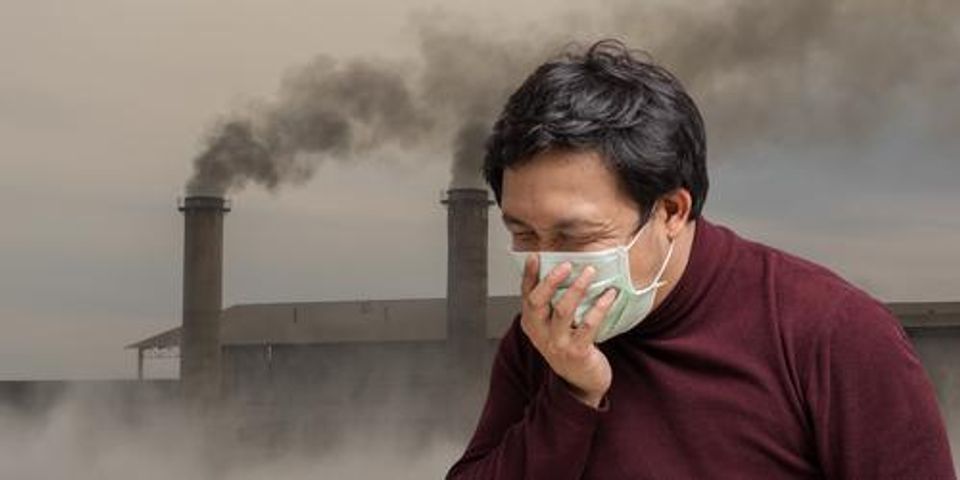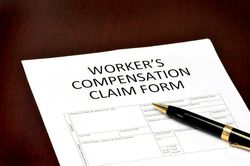What to Know if You Are Injured at Work & Develop an Occupational Disease

An occupational disease is an illness that results from specific workplace conditions. Unlike other cases of individuals injured at work, in which damages stem from an accident or reckless behavior, these are owed to unsafe environments or ongoing acts. If you’ve been harmed in this way, you may be able to pursue workers' compensation. To determine whether you have a valid claim, here is a quick guide to everything you need to know about these kinds of cases.
The Disease Must Be Work-Related
First, the occupational disease in question must be the direct result of an unsafe environment to qualify for workers' comp. One of the more prevalent examples of this is the range of diseases associated with asbestos, a substance once commonly used in building materials. Related illnesses include asbestosis, lung cancer, and mesothelioma.
The Various Types of Occupational Diseases
 If you have been exposed to an unsafe environment, become injured at work, and developed an occupational disease, you have the right to pursue funds and necessary resources through your state's workers' comp board. Unfortunately, not everyone automatically makes the connection between their illness and job environment. To give you a sense of what qualifies, here are some common examples:
If you have been exposed to an unsafe environment, become injured at work, and developed an occupational disease, you have the right to pursue funds and necessary resources through your state's workers' comp board. Unfortunately, not everyone automatically makes the connection between their illness and job environment. To give you a sense of what qualifies, here are some common examples:
- Vision or hearing loss.
- Any illness caused by exposure to chemicals and poisons.
- Any illness caused by exposure to biological weapons, like anthrax, or infected materials, such as HIV-positive blood.
- Respiratory illnesses caused by exposure to dangerous dust and toxic fibers.
- Post-traumatic stress disorder stemming from a workplace trauma.
There Is a Statute of Limitations
To must file a workers' comp claim within your state's established deadlines for reporting. In New York State, for instance, you have up until two years from the date of injury. However, given the fact that many occupational diseases do not produce symptoms right away, you have two years from the date you should have learned the disease was caused by unsafe working conditions. If, for instance, you were not told of the danger until well after it was discovered, you would use the date you were informed for statute of limitations purposes.
If you've been injured at work and contracted an occupational disease, start exploring your options for workers' comp. With over 30 years of legal experience, Daniel R. McComb, Attorney at Law, has been representing clients throughout the Batavia, NY, region, offering quality legal guidance and representation to ensure their rights and best interests. Call (585) 343-2250 or visit the firm online to schedule a consultation with an attorney today. Follow him on Facebook and Google+ for the latest news, tips, and updates.
About the Business
Have a question? Ask the experts!
Send your question

